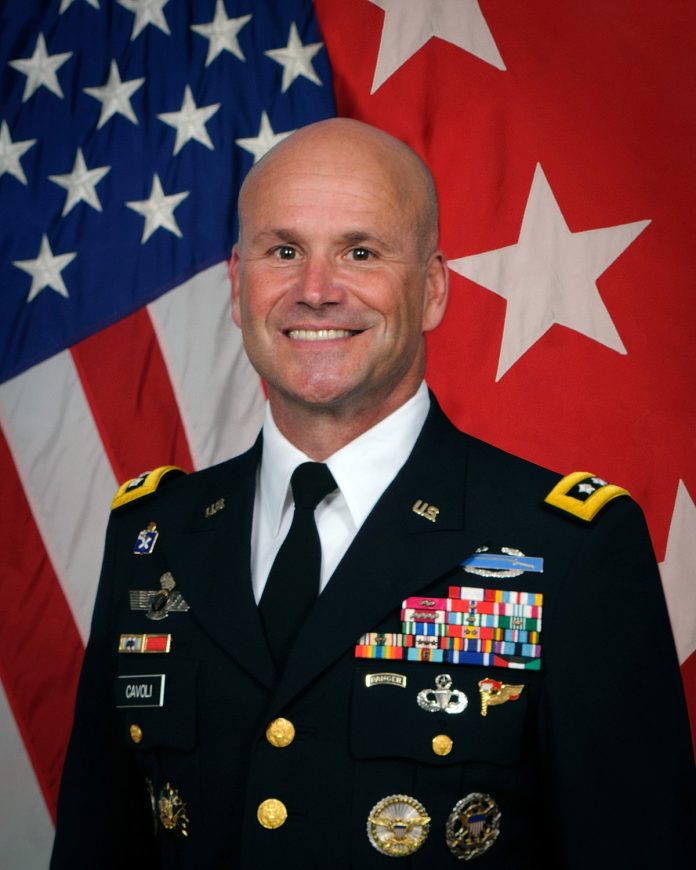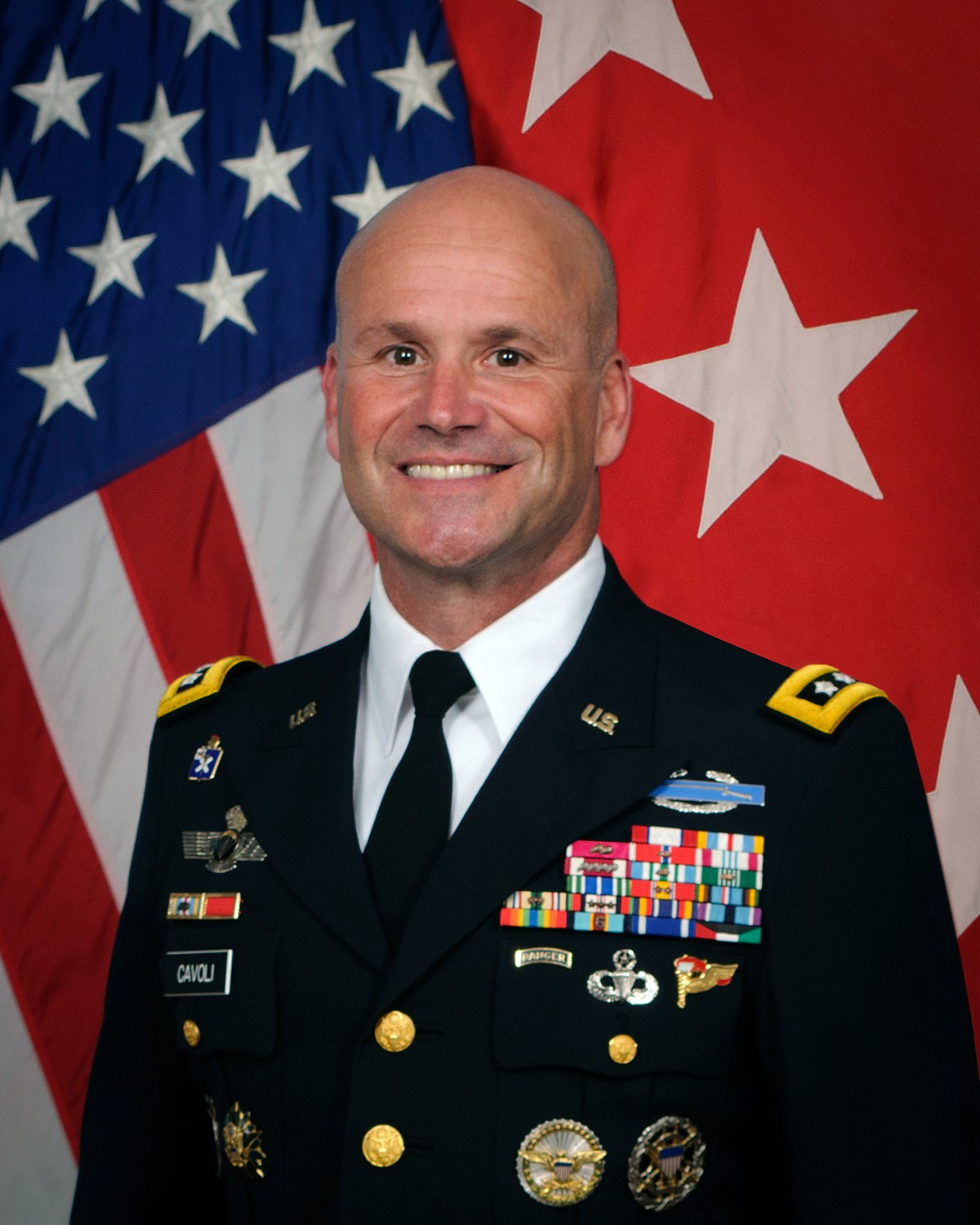
Army General Christopher G. Cavoli, head of U.S. European Command and Supreme Allied Commander Europe, has voiced a stark warning that Russia will remain a long-term threat to NATO and global security, a sentiment echoed by other top military officials who underscore the urgent need for the alliance to enhance its readiness for high-end warfare.

“No matter how it works out after the war in Ukraine is concluded … I believe Russia will pose a long-term threat to the alliance, we will have a big Russia problem for years to come,” Cavoli remarked at an Atlantic Council event on May 17.

Despite the substantial losses Russia has suffered since the onset of the war in Ukraine, estimated by the Pentagon at about 315,000 casualties and significant naval vessel damage, Cavoli highlighted Russia’s intentions to enlarge its military post-war.
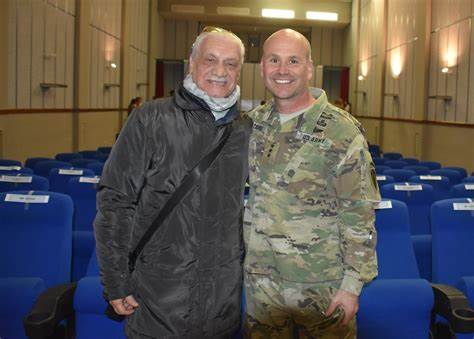
Russia’s military presence in Ukraine is now larger than at the start of the conflict, and plans to expand the size of its military have been announced. “It has ramped up industrial production and manpower intake in order to achieve these goals.
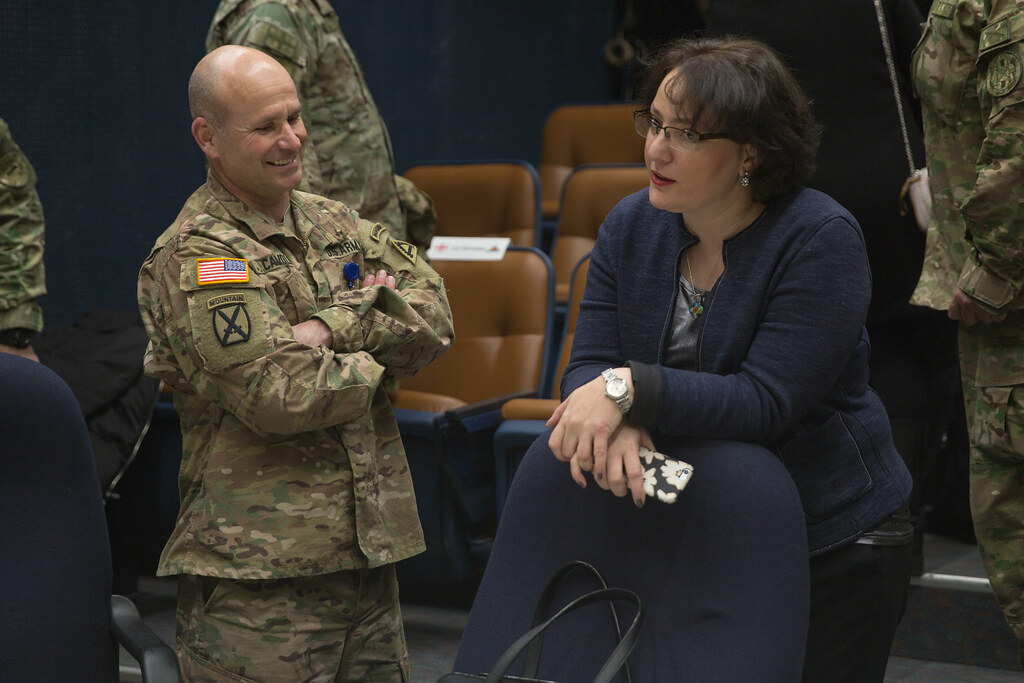
It will be arrayed in the western parts of Russia and associated nations, perhaps on the borders with NATO, and it will be a large force,” Cavoli stated.
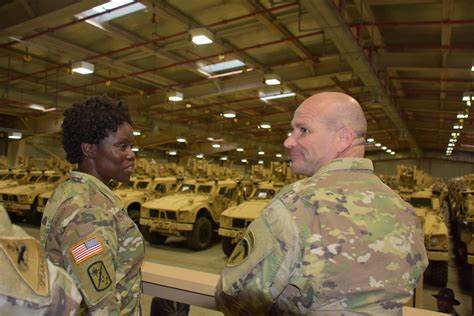
In response to the rising stakes, NATO has initiated Steadfast Defender, an extensive six-month military exercise series spanning across 13 countries, including Sweden, NATO’s newest member since March.
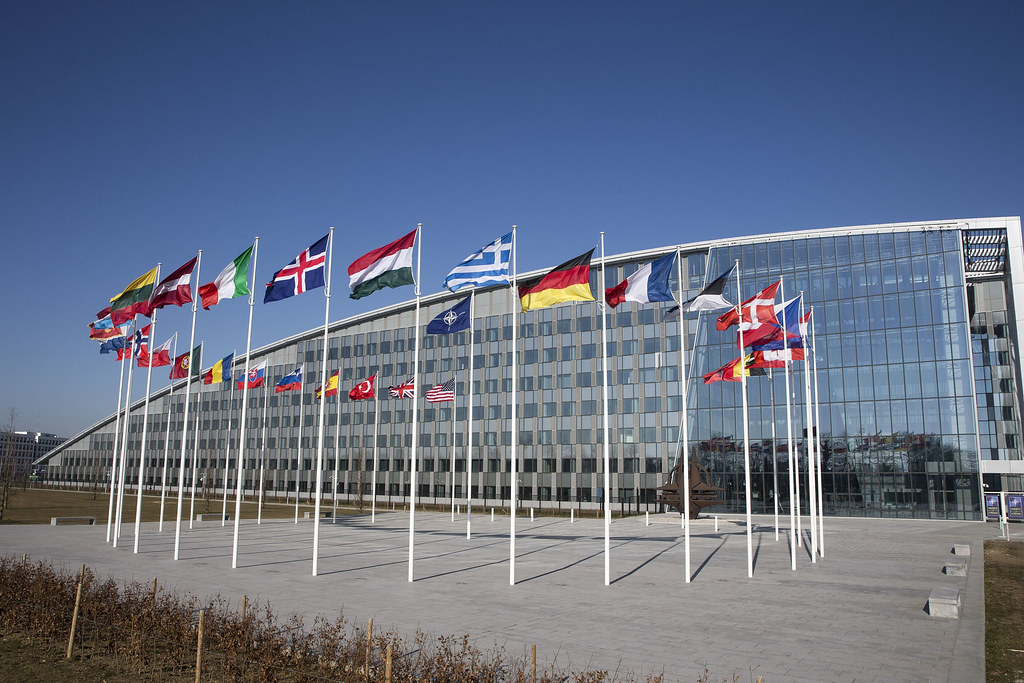
The exercises, featuring advanced aircraft like F-35s and UAVs, signal the alliance’s commitment to preparing for complex defense scenarios. Cavoli expressed confidence in NATO’s air forces, citing their progression into fourth-generation-plus and fifth-generation aircraft, expecting over 600 F-35s in Europe by 2030.
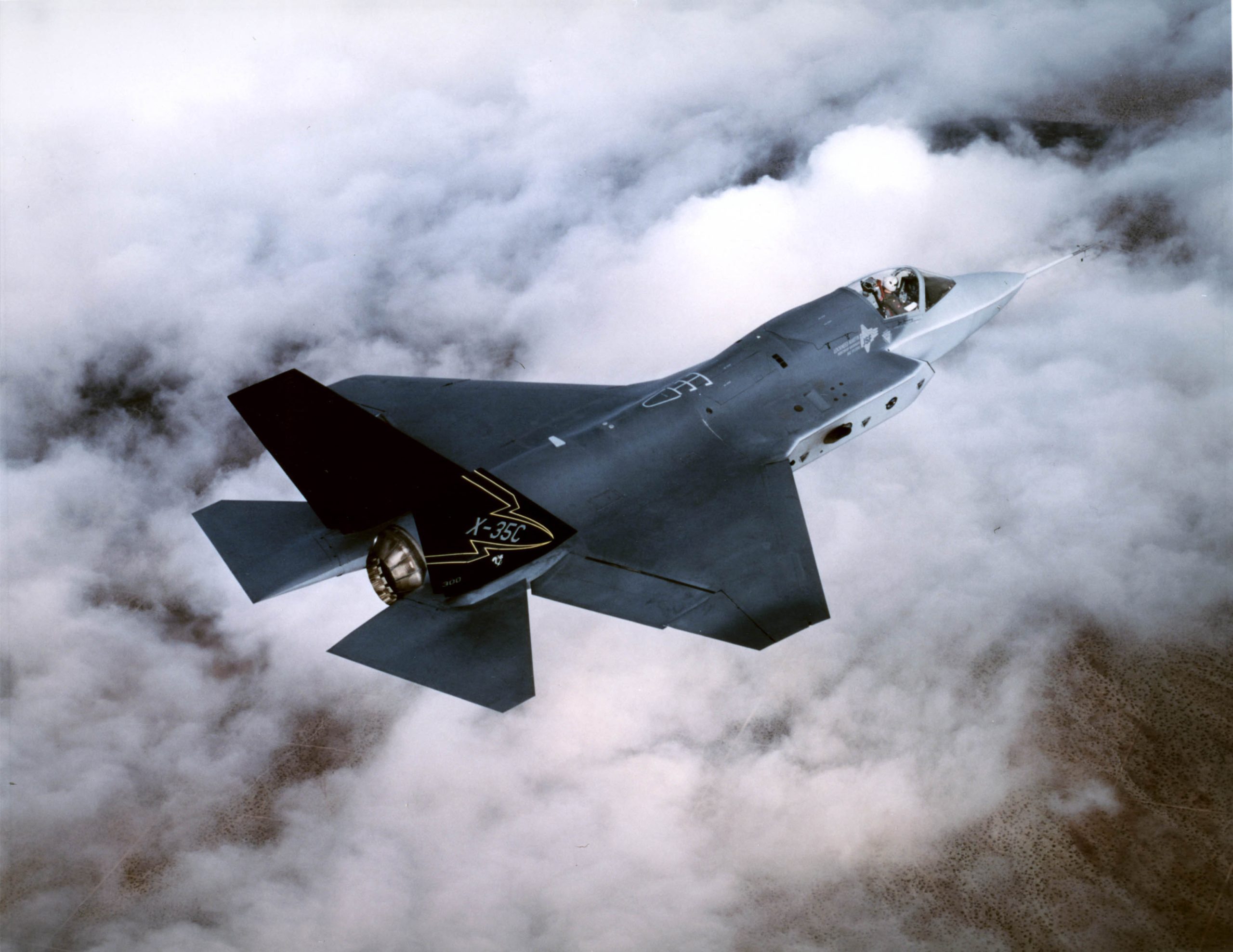
Cavoli’s concerns are mirrored by NATO’s supreme allied commander for Europe, General Christopher Cavoli, who noted that while Russia might not have the capability for a significant breakthrough in Ukraine, they retain the potential for local advances.
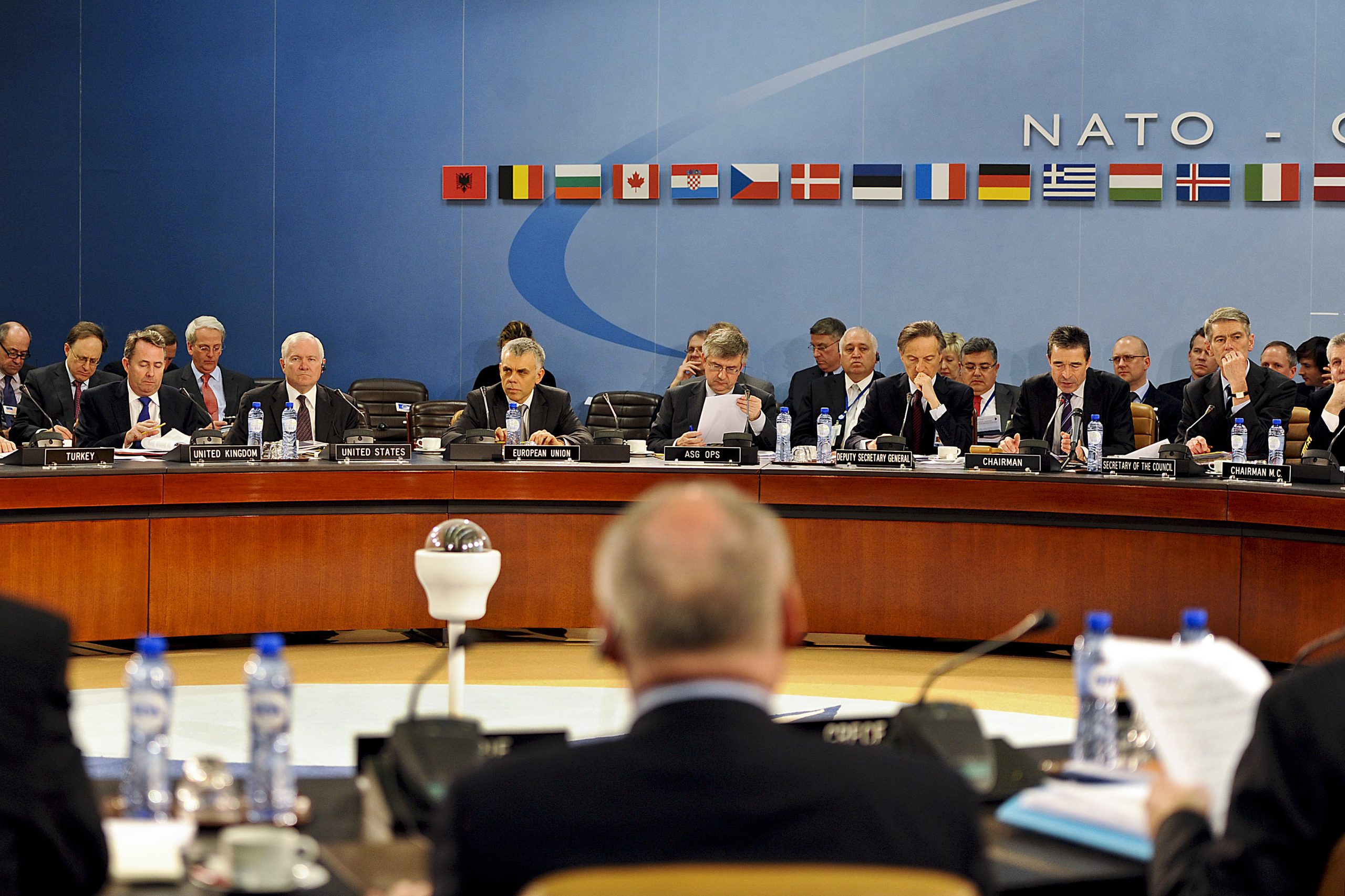
“I know the Russians don’t have the numbers necessary to do a strategic breakthrough,” Cavoli said, but acknowledged their ability to progress on a smaller scale.
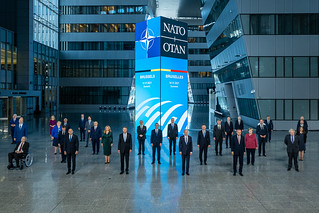
The comments come in the wake of the U.S. Congress approving a substantial military aid package for Ukraine and NATO’s continued military buildup and modernization, matching Russia’s advancements.
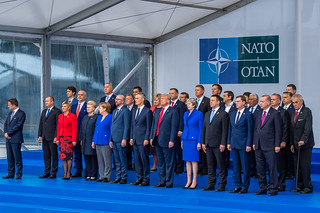
According to Admiral Rob Bauer, chair of the NATO Military Committee, despite Russia’s improved logistics and production, the quality of its troops has diminished. Yet, he warns, “the quality of the troops is lower than the troops they started the conflict with.”
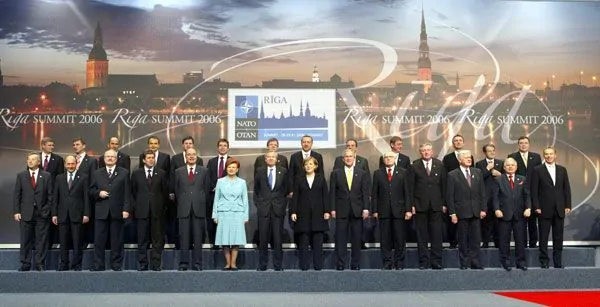
The preparation for potential conflict extends beyond immediate military readiness. Top NATO official Adm. Rob Bauer warns of the real threat of a larger war with Russia.
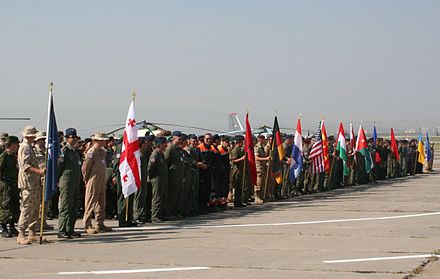
“I’m not saying it is going wrong tomorrow, but we have to realize it’s not a given that we are in peace,” Bauer stated. He emphasized NATO’s defensive posture but acknowledged that readiness for potential conflict is paramount.
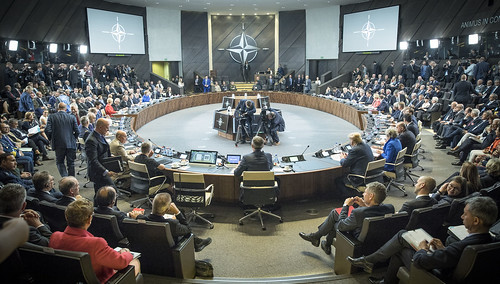
This commitment to defense is further demonstrated by the alliance’s announcement of large-scale military drills involving all 31 NATO members, as well as candidate nation Sweden.
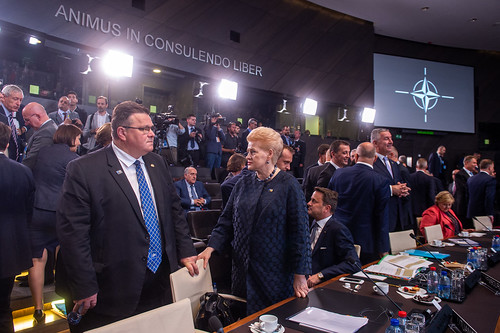
These drills are set to be the largest since the Cold War, involving 90,000 troops and an extensive array of military equipment, aimed at ensuring NATO can face current and future threats.
Relevant articles:
– Top NATO Commander Warns of ‘Big Russia Problem for Years to Come’, Air & Space Forces Magazine
– Money Saved from B-2 Retirement, Air & Space Forces Magazine
– Top NATO commander: Russia’s offensive won’t succeed, politico.eu
– NATO admiral warns of potential all-out war with Russia, The Hill
